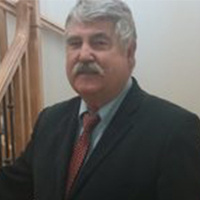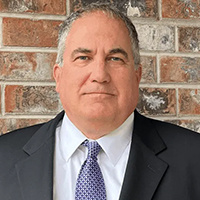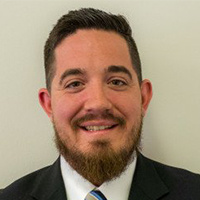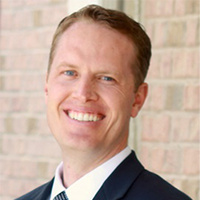Midvale Criminal Lawyer, Utah
Sponsored Law Firm
-
 x
x

Click For More Info:
-
Melton Law
5955 South Redwood Road Suite 103 Taylorsville, UT 84123» view mapCriminal Defense and Accident & Injury Legal Expertise You Can Rely On
Melton Law is dedicated to providing competent and great representation to our clients. We will be there to help you and answer any questions you have every step of the way.
800-952-9770
Gregory B. Smith
✓ VERIFIEDGregory B. Smith has gotten amazing results for people for twenty years. He's not only a highly skilled legal bulldog, but a compassionate person, too... (more)
Brian T. Frees
✓ VERIFIEDI am attorney Brian Frees, a dedicated professional with an excellent legal background as well as invaluable life experience as a Navy Senior Chief an... (more)
HOLLAND Kent Holland Law
✓ VERIFIEDI represent personal injury cases throughout the Wasatch Front. If you have been in an accident and suffered a debilitating injury, or your insurance ... (more)
Dave Clark
✓ VERIFIEDI went to law school just to be a criminal lawyer. I served as a prosecutor for almost 30 years, but defense law was always my true passion. I'm a nat... (more)
William L. Melton
✓ VERIFIEDMelton Law was founded by William L. Melton. William has taken pride in serving his clients and his community for many years. After experiencing his o... (more)
T. Jake Hinkins
✓ VERIFIEDJake is the founder of Anderson Hinkins, LLC. His areas of practice include general litigation, business law and litigation, family law litigation, pe... (more)
FREE CONSULTATION
CONTACTDavid Paul White
FREE CONSULTATION
CONTACTFREE CONSULTATION
CONTACTFREE CONSULTATION
CONTACT William Melton Taylorsville, UT
William Melton Taylorsville, UT Practice AreasExpertise
Practice AreasExpertise






